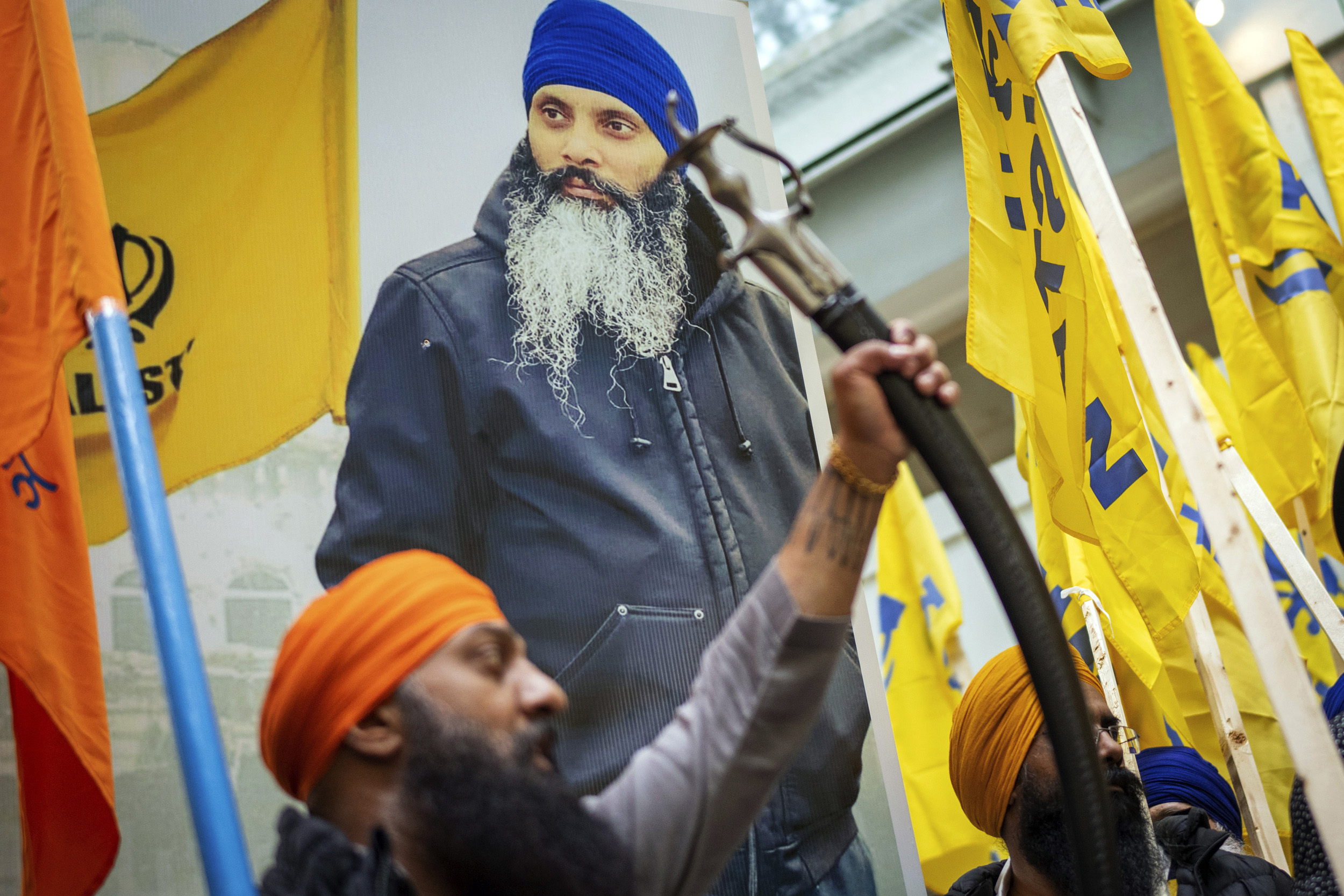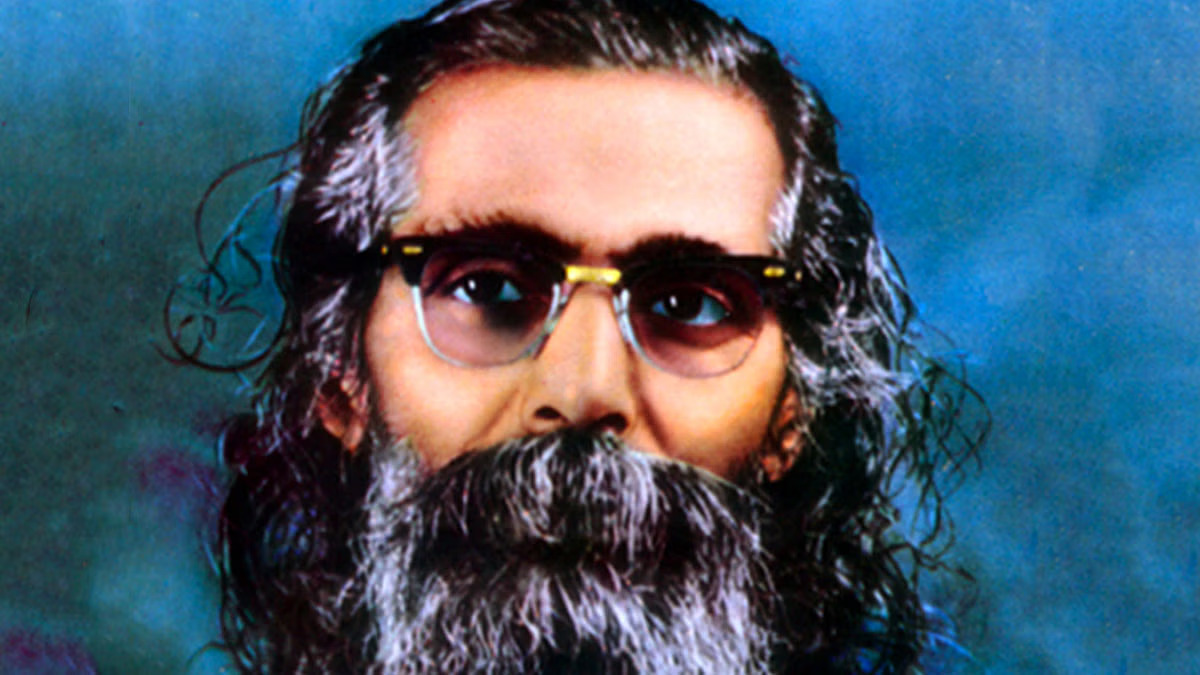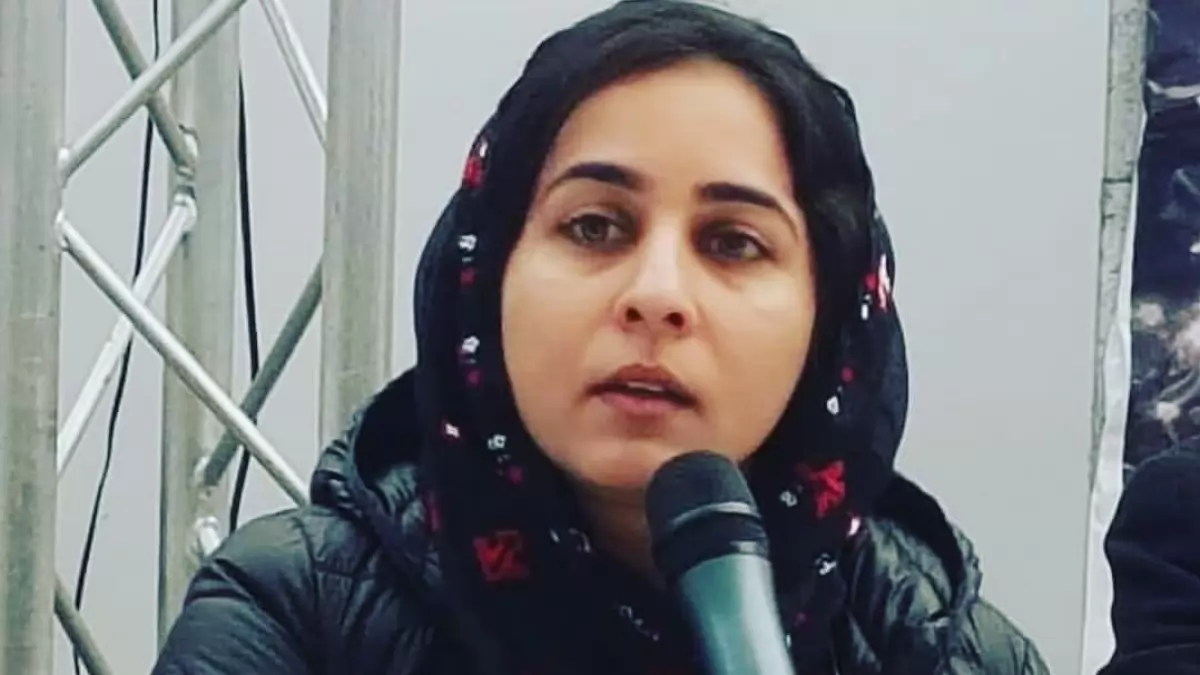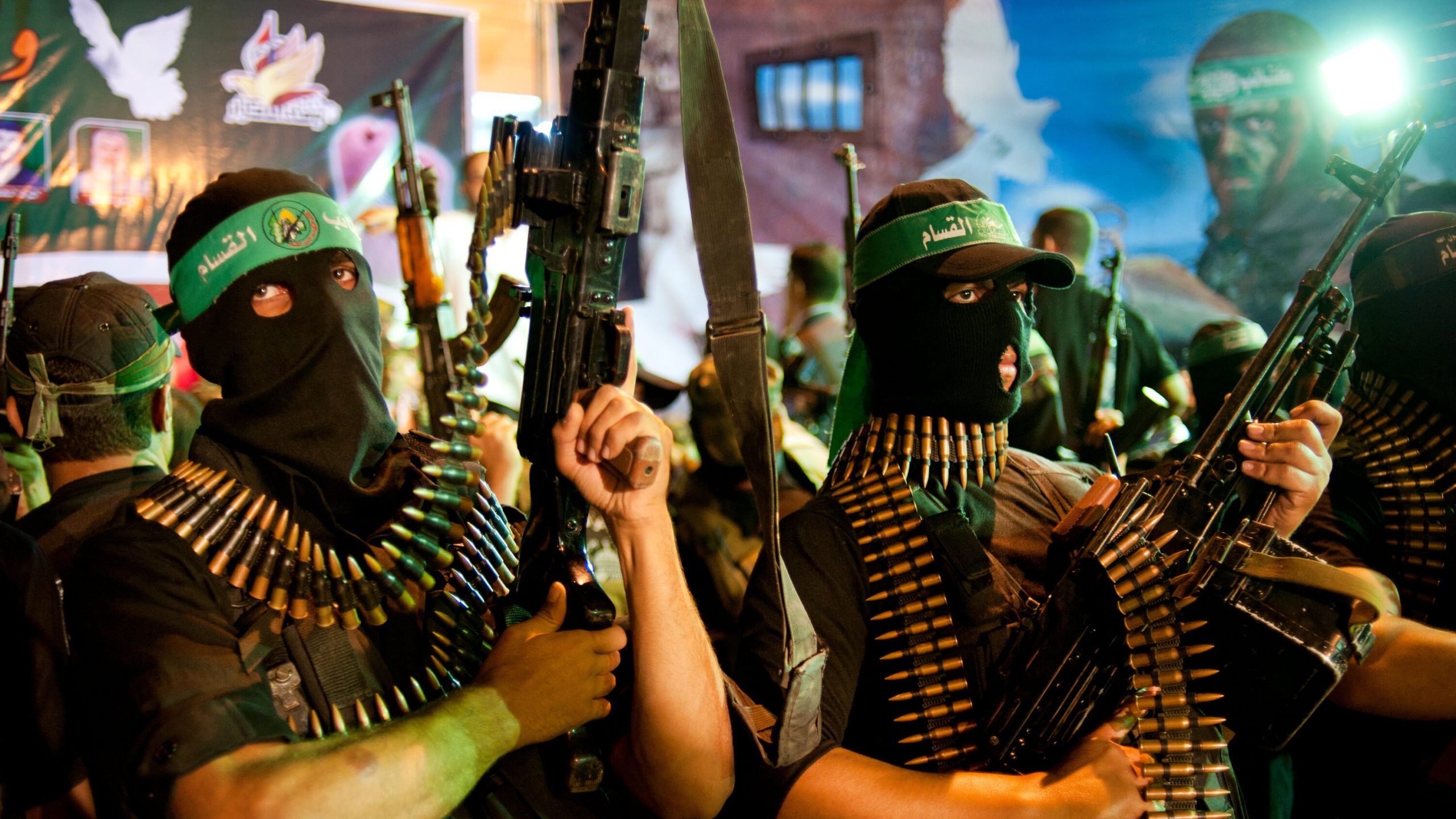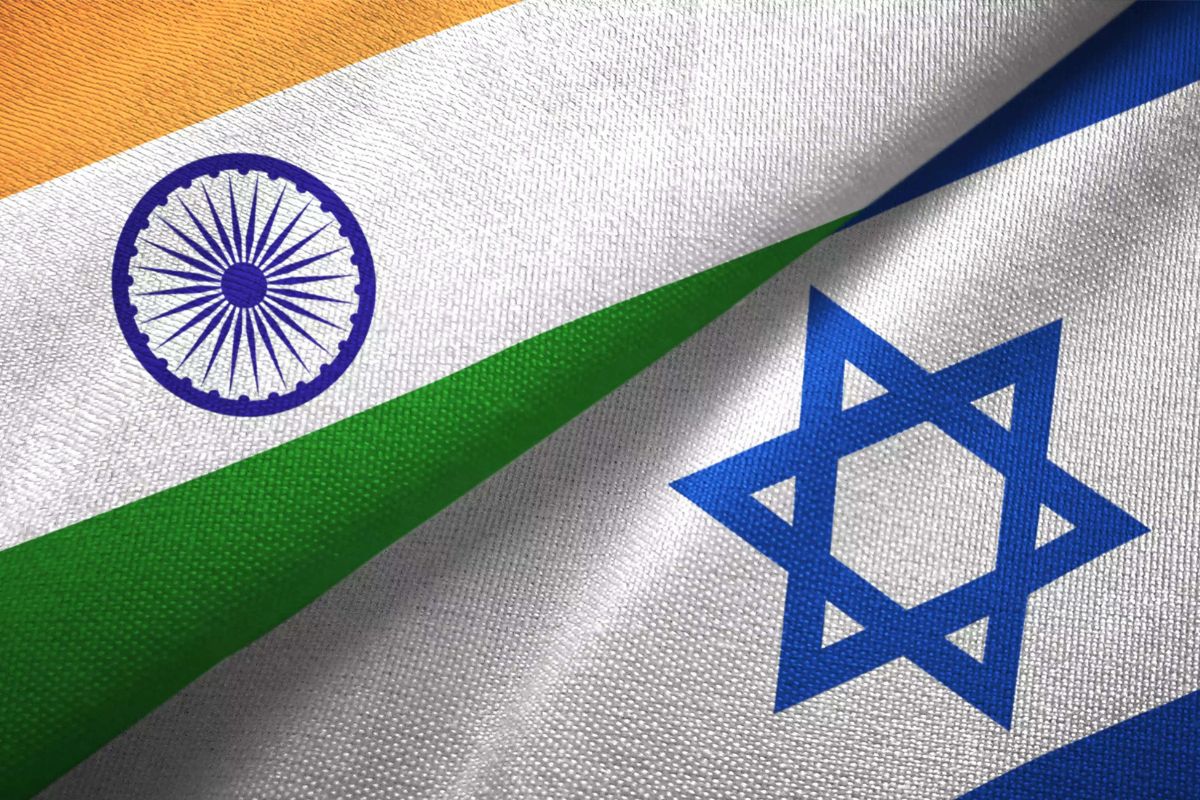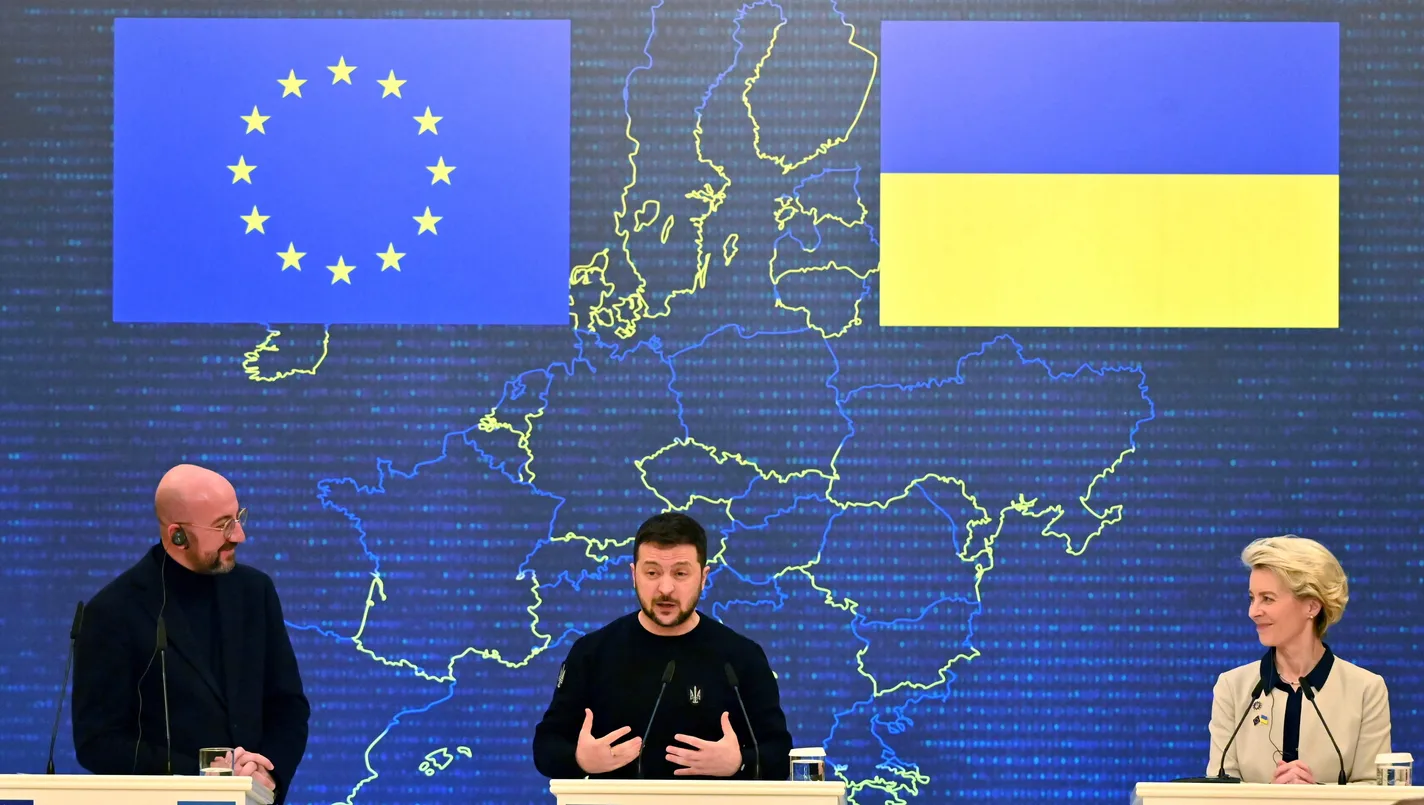An important message related to the Iranian women’s rights struggle was conveyed when the head of the Norwegian Nobel Committee announced Narges Mohammadi as the laureate of the Nobel Peace Prize. The committee’s chair, Berit Reiss-Andersen, declared “Women, life, freedom” on that important Friday. A well-known Iranian scientist and human rights advocate named Narges Mohammadi has led the fight against women’s persecution in his country.
Who is Narges Mohammadi? 51-year-old Narges Mohammadi is an ardent supporter of women’s rights in the area. She works as the deputy director of the Defenders of Human Rights Centre (DHRC) and is both an activist and a writer. Her work encompasses larger human rights problems, such as the fight against the death sentence and corruption, in addition to women’s rights.
Mohammadi’s work, according to Henrik Urdal, head of the Peace Research Institute, has had a tremendous influence on Iranian human rights advocates, putting their work on the global stage.
Why did she win the Peace Prize? Narges Mohammadi was awarded the Nobel Peace Prize for her tireless battle against the oppression of women in Iran and her dedication to achieving human rights and freedom for everyone. Over the past three decades, she has significantly aided the grassroots campaign for women’s rights in Iran. She has coordinated sit-ins, and protests, and published articles in an effort to promote and educate women.
Is Mohammadi imprisoned? Narges Mohammadi is currently incarcerated at Tehran’s Evin Prison for a 12-year term. She is accused of distributing false information against the government. She has unfortunately experienced incarceration before. She was first taken into custody in 2011 and held in Evin Prison. She was then detained once more in 2015, immediately after being accused of crimes against national security, spreading false information about the government, and establishing an unlawful organisation called “Step by Step to Stop the Death Penalty.” These facts were disclosed by Mohammadi to the US-based International Campaign for Human Rights in Iran. After her sentence was lightened, she was released from Zanjan Central Prison in 2020.
Mohammadi has been subject to an unbelievable 13 arrests, five convictions, and sentences totaling 31 years in jail along with 154 lashings, according to Berit Reiss-Andersen’s declaration in Oslo, Norway.
Mahsa Amini’s Tragic Response to Mohammadi Iranian lady Mahsa Amini, 22, was tragically arrested in September 2022 and later died, igniting an uproar in Iran. The morality police detained Amini in Tehran for allegedly breaking Iran’s dress code. She was taken to the hospital after collapsing after being arrested, where she died a few days later.
Despite being imprisoned, Narges Mohammadi loudly denounced the execution of Amini as a representation of the “oppression of the theocratic authoritarian regime against Iranian women.” From her cell in captivity, she sent a message to Radio Free Europe/Radio Liberty. Following the demonstrations caused by Amini’s passing, Mohammadi kept documenting the mistreatment and persecution of women in Evin Prison.
Mohammadi said in a piece for The New York Times that “what the government may not understand is that the more of us they lock up, the stronger we become.”
Mohammadi and Shirin Ebadi Work Together, Narges Shirin Ebadi, who received the Nobel Peace Prize in 2003 for her persistent efforts to advance democracy and human rights, is the first Iranian woman to have won the prize. Mohammadi is the second Iranian woman to have done so. Iranian lawyer and human rights advocate Shirin Ebadi is well-known for becoming the country’s first female judge when she was appointed in 1975. As the first Muslim woman to win the Nobel Prize, she is also Iran’s family laws need to be updated to handle concerns like divorce, inheritance, and child protection, and Ebadi has been a leading advocate for this cause.
Shirin Ebadi’s organisation, the DHRC, was formed by Narges Mohammadi, who is also the deputy director of the organisation.
Her health has suffered as a result of Narges Mohammadi’s uncompromising dedication to human rights and advocacy. She apparently has a neurological ailment that causes muscle paralysis, along with a lung issue. She hasn’t been allowed to see her spouse or her two kids because of her confinement.
Taghi Ramahi, her husband and a fellow activist, stated that this Nobel Prize honours the larger “Women, Life, Freedom” movement in addition to Mohammadi’s fight for human rights.
Mohammadi’s Nobel Peace Prize’s Effect Narges The Nobel Peace Prize award to Mohammadi has had a significant impact, particularly in Iran, a nation that has been dealing with many difficulties. Iranians took to the streets in large numbers to protest Mahsa Amini’s death anniversary, a 22-year-old Kurdish woman who died while in police custody. Her passing represented the hard circumstances Iranian women must deal with.
International attention has recently been brought to another worrying episode involving Armita Geravand, a 16-year-old Iranian girl who is said to have fallen into a coma following an interaction with hijab police on the Tehran subway. Security personnel have been stationed close to the hospital where Geravand is still unconscious.
Narges Mohammadi continues to encourage and support the continuing fights for women’s rights and human rights in Iran while being imprisoned. Her commitment to fighting for freedom and democracy has not wavered.
President Joe Biden of the United States and other world leaders have urged Iran to free Mohammadi so that she can accept the Nobel Peace Prize in person on December 10 at Oslo City Hall. However, advocates worry that it may be impossible for her to be released given the Iranian regime’s criticism of the prize as a “political move.”
Narges Mohammadi’s unwavering spirit and determination remain a source of inspiration for imprisoned women and supporters of human rights both in Iran and throughout the world. Her Nobel Peace Prize serves as a potent reminder of the persistent human rights abuses Iranian women experience and the demand for attention and action on the part of the international community.
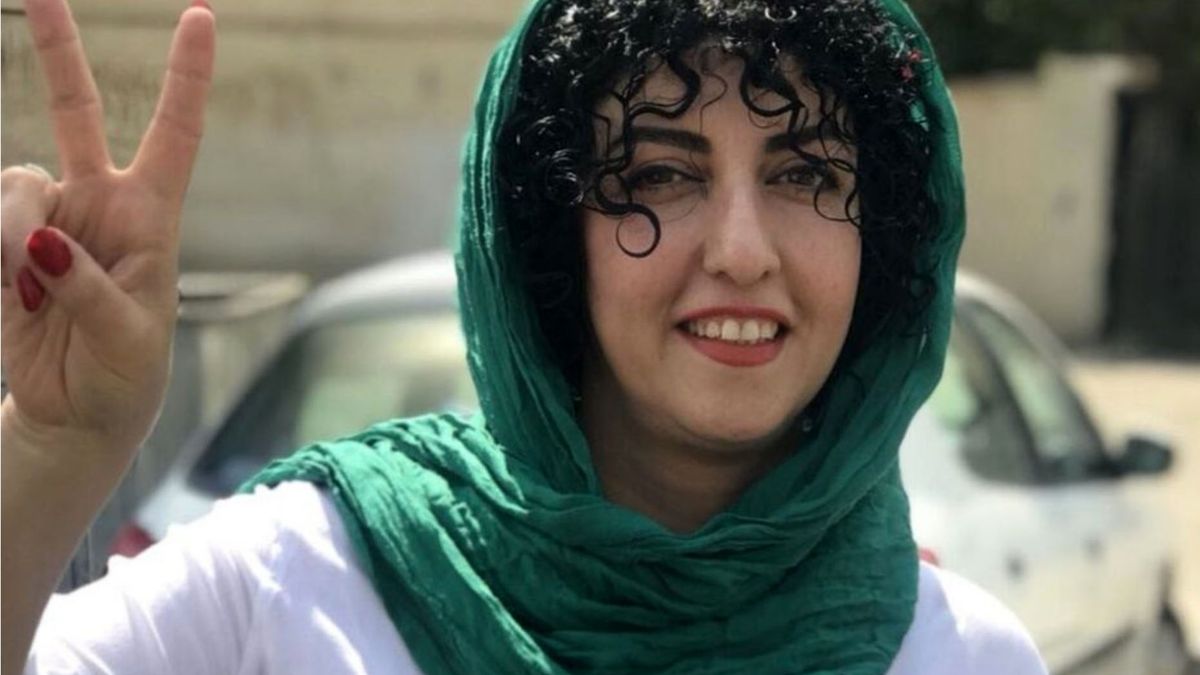

Add a comment


